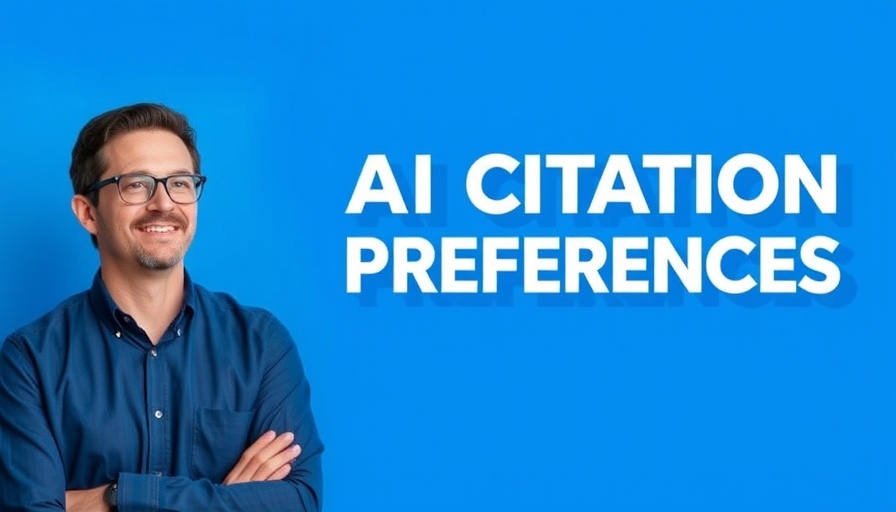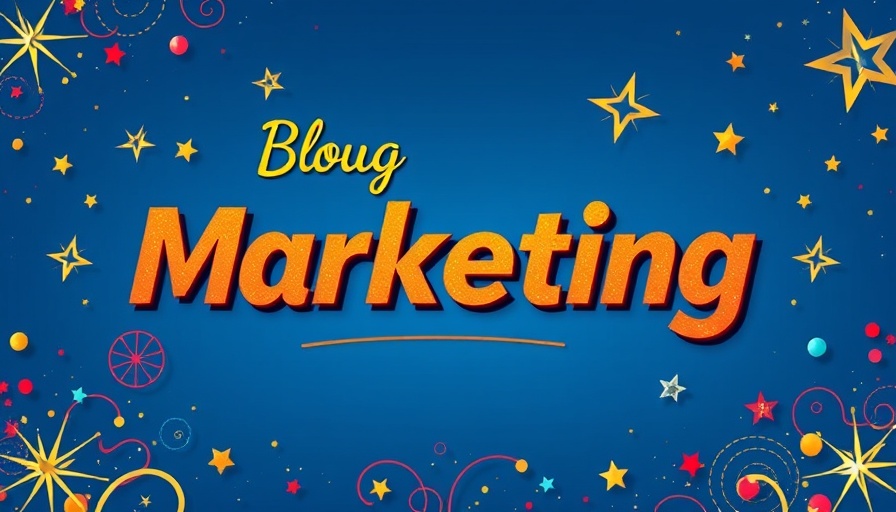
Are AI Assistants More Likely to Cite Newer Content?
In the ever-evolving field of digital marketing, understanding how AI assistants like ChatGPT and Perplexity source their cited content can be a game changer for marketers and content creators. So, do these intelligent systems favor fresher content when providing information? Recent data analysis indicates that they do. When analyzing over 17 million citations, researchers at Ahrefs discovered that AI tools tend to prefer newer URLs, with an average age of 1064 days compared to traditional Google SERPs, which average 1432 days—meaning AI citations are nearly 26% fresher.
Why Fresh Content Matters: The AI Perspective
The data from Ahrefs demonstrates a clear trend: AI assistants show a significant preference for content that is regularly updated. With an average of 909 days since the last update for AI-cited articles, compared to 1047 days for traditional search results, it’s apparent that fresh content is essential for catching the attention of AI tools. The necessity to maintain updated content isn't just a trend; it's a marketing strategy that can leverage AI's capabilities for greater visibility.
How Each AI Assistant Compares in Content Freshness
Not all AI assistants prioritize freshness in the same way. For instance, while Google’s AI Overviews tend to cite older content quite frequently, ChatGPT stands out as the champion of newer citations, averaging just 1023 days. Perplexity follows closely, leaning towards slightly older articles at an average of 1166 days. This variance is significant for marketers aiming to optimize their content for AI visibility. Knowing that tools like ChatGPT are most likely to pull from fresher sources highlights the value of regular content updates.
Strategic Implications for Marketers
In light of this research, marketers are presented with actionable insights. Maintaining a dynamic content strategy that includes consistent updates can position a brand favorably within AI search ecosystems. This means not only creating fresh content but also revising existing articles to keep them relevant. However, merely adding a paragraph or tweaking a few words isn’t enough; substantial updates that enhance value are more likely to catch an AI assistant's eye.
Counterarguments: The Case for Timelessness
Of course, there are exceptions to the rule. Some believe that timeless pieces, those which retain relevance despite their age, can still perform exceptionally well in search rankings. This leads to a duel between fresh content and vintage value. An impossible choice for many marketers, but balancing both could lead to the best results in terms of outreach and audience engagement.
Engagement and User Experience: Beyond Citations
It’s important to remember that while AI tools excel at citing content, user experience goes beyond merely being mentioned. How users engage with that cited content—be it through click-through rates, shares, or comments—ultimately determines its long-term success in driving visibility. Therefore, actionable insights can come from focusing on audience engagement within the content, maintaining a balance between freshness and actionable value.
Looking Ahead: The Future of AI and Content Citations
As AI continues to evolve, one can only speculate how preferences regarding citations will shift. Will the importance of fresh content endure, or will timeless articles find their way back into favor? Interested marketers should heed these trends, as they could dictate future search behaviors and ranking algorithms. Keeping a pulse on AI developments will be crucial for building engagement strategies that resonate with today's consumers.
Take Control of Your AI Strategy Today
For those eager to harness AI's capabilities, consider employing tools like Ahrefs' Brand Radar to discover how your content is perceived by these intelligent systems. By prioritizing fresh updates and keen strategies, you can position your content to not only meet current algorithm expectations but also to engage audiences effectively.
 Add Row
Add Row  Add
Add 




Write A Comment